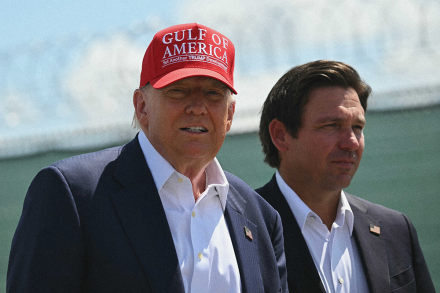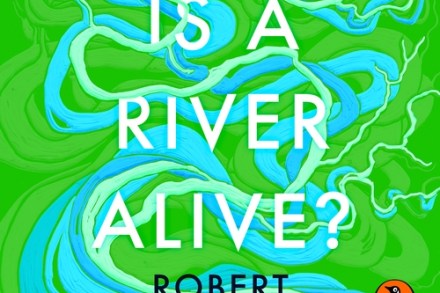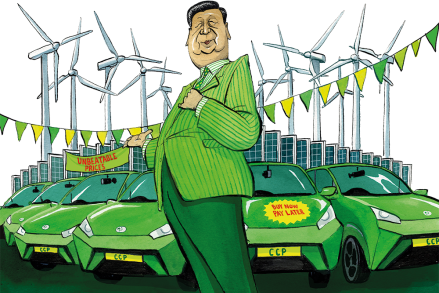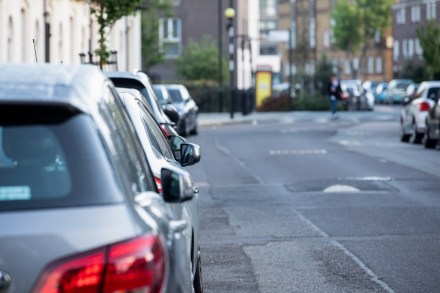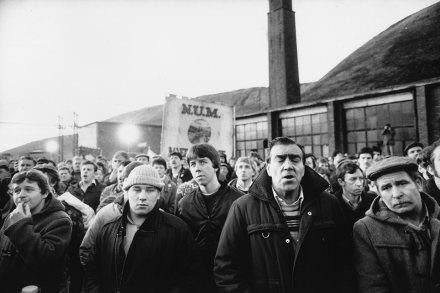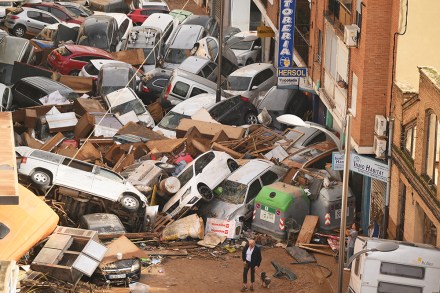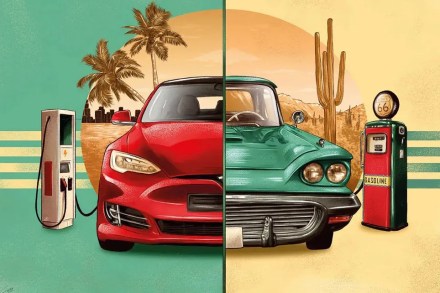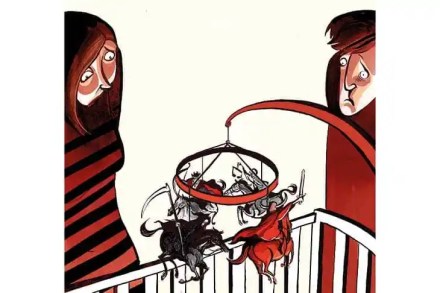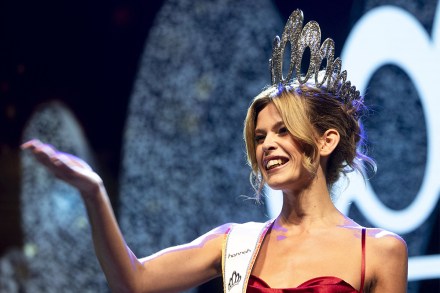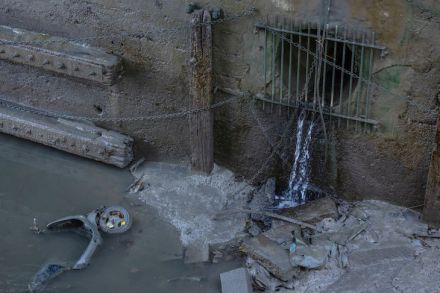Letters: Trump’s true heir
SEN and sensibility Sir: As a former teacher and long-standing chair of governors in a local school, I share Rosie Lewis’s frustration at the parlous situation regarding special educational needs (‘Fare play’, 18 October). I also sit on a weekly area admissions committee and many schools in our area are full, often with long waiting lists. The main reason given why children are denied a place is the number of SEN pupils already in a year group, normally, incredibly, in excess of 30 per cent – sometimes 50 per cent. To admit another pupil with special needs or behavioural issues would be detrimental to the education of children already there.
